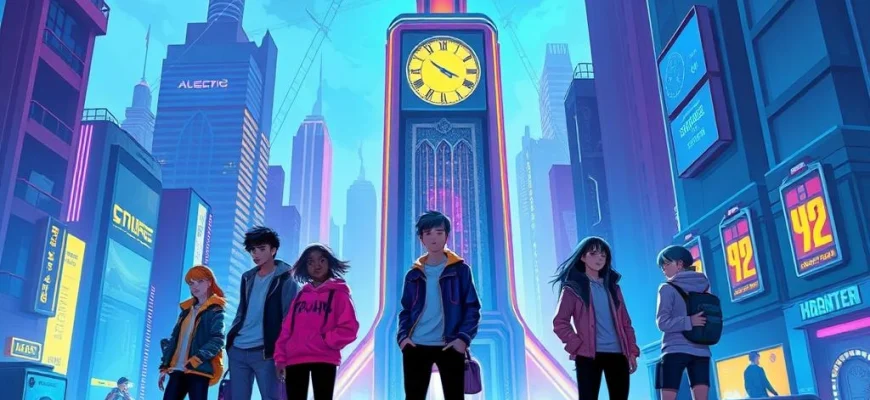If you loved the sci-fi adventure and time-bending thrills of 'Clockstoppers' (2002), you're in for a treat! This article explores 10 similar movies and shows that capture the same excitement, futuristic tech, and high-stakes action. Whether you're a fan of time manipulation, teen heroes, or mind-bending plots, these picks will keep you entertained.
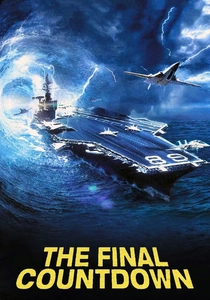
The Final Countdown (1980)
Description: A unique blend of science fiction and military drama, where a modern aircraft carrier is transported back to the eve of Pearl Harbor, posing historical and moral questions.
Fact: The film features real aircraft and equipment from the USS Nimitz, adding authenticity. It explores the intriguing 'what if' scenario of modern technology in a historical conflict.
 Watch Now
Watch Now 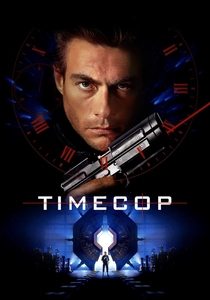
Timecop (1994)
Description: A sci-fi action film where law enforcement officers police time travel to prevent historical alterations, blending futuristic tech with noir elements.
Fact: Based on a Dark Horse comic, the film was a box office success and spawned a sequel and TV series. It popularized the concept of time travel law enforcement in pop culture.
 Watch Now
Watch Now 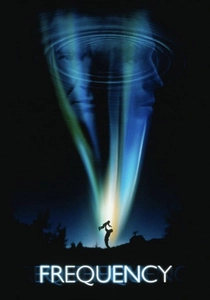
Frequency (2000)
Description: Combines elements of science fiction and drama, as a son communicates with his deceased father via a ham radio across time, altering both their futures.
Fact: The film's plot hinges on the concept of changing the past through communication across time. It received praise for its emotional depth and innovative storytelling.
 Watch Now
Watch Now 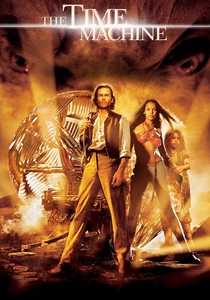
The Time Machine (2002)
Description: A classic tale of time travel, where the protagonist builds a machine to journey through time, encountering both wonders and dangers.
Fact: This film is a remake of the 1960 movie, which was based on H.G. Wells' 1895 novel. It features groundbreaking visual effects for its time, including the depiction of rapid time transitions.
 Watch Now
Watch Now 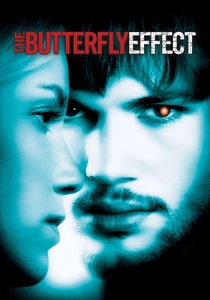
The Butterfly Effect (2004)
Description: Centers around the protagonist's ability to travel back in time to alter past events, resulting in unintended and often disastrous consequences.
Fact: The film's title refers to the butterfly effect, a concept in chaos theory. There are multiple endings to the movie, each offering a different outcome for the protagonist.
 Watch Now
Watch Now 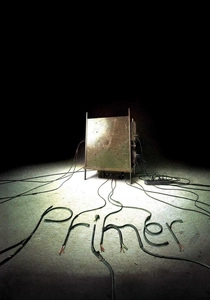
Primer (2004)
Description: A low-budget indie film that intricately explores the complexities and paradoxes of time travel with a highly intellectual approach.
Fact: Made on a budget of just $7,000, the film is renowned for its realistic portrayal of time travel and complex narrative structure. It won the Grand Jury Prize at the Sundance Film Festival.
 Watch Now
Watch Now 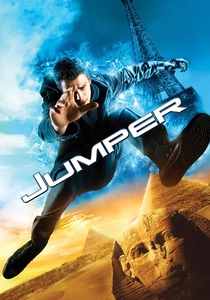
Jumper (2008)
Description: Features a protagonist with extraordinary abilities related to manipulating space and time, leading to thrilling escapades and moral dilemmas.
Fact: The film was based on the 1992 science fiction novel of the same name by Steven Gould. It explores the concept of teleportation, or 'jumping,' as a genetic mutation.
 Watch Now
Watch Now 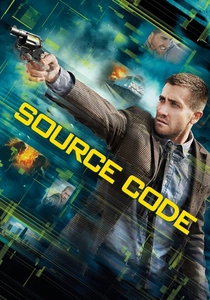
Source Code (2011)
Description: Revolves around a high-concept premise where the protagonist relives the same eight minutes to prevent a disaster, blending action with psychological depth.
Fact: The film's plot is inspired by the concept of quantum mechanics and parallel universes. It was shot in just 28 days, showcasing efficient filmmaking under tight schedules.
 Watch Now
Watch Now 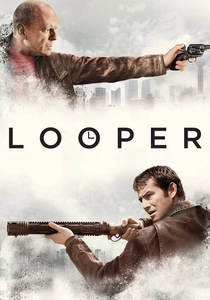
Looper (2012)
Description: A sci-fi thriller that delves into time travel, focusing on the ethical and personal ramifications of altering the past.
Fact: The film's unique take on time travel avoids traditional paradoxes by having characters from the future sent back to be killed by their past selves. It was praised for its original screenplay and complex narrative.
 Watch Now
Watch Now 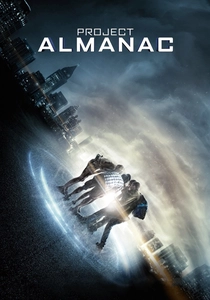
Project Almanac (2015)
Description: A found-footage style movie about teenagers who discover plans for a time machine and experiment with altering their past, leading to unforeseen consequences.
Fact: The film was produced by Michael Bay and shot in a documentary style to enhance realism. It explores the ethical dilemmas of time travel through the lens of youthful curiosity.
 Watch Now
Watch Now 
